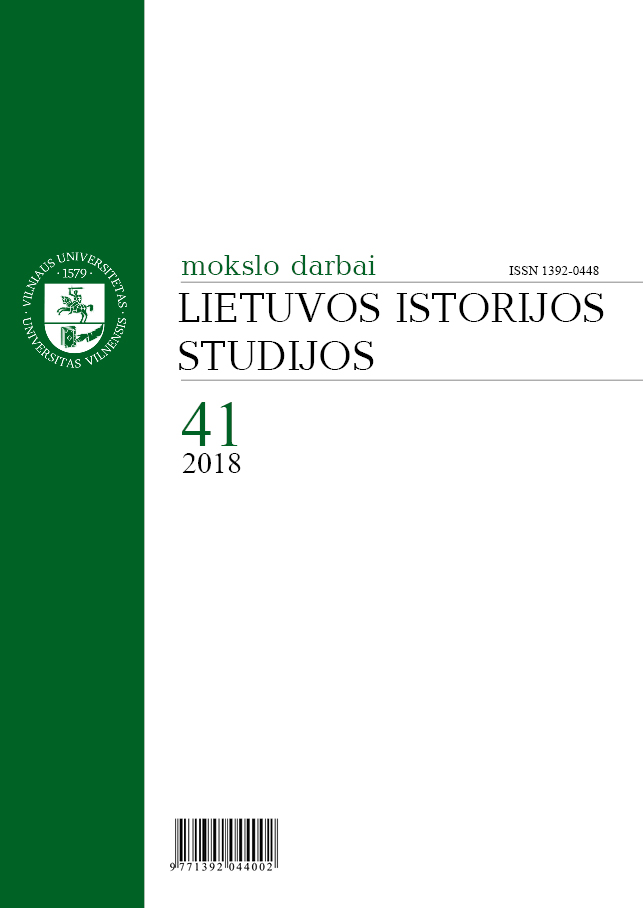FRIARIES AS THE CRADLE OF THE PROFIT ECONOMY IN THE EARLY MODERN URBAN SOCIETY IN EASTERN AND CENTRAL EUROPE? A CASE OF THE FRANCISCANS IN THE 17–18TH CENTURY VILNIUS
FRIARIES AS THE CRADLE OF THE PROFIT ECONOMY IN THE EARLY MODERN URBAN SOCIETY IN EASTERN AND CENTRAL EUROPE? A CASE OF THE FRANCISCANS IN THE 17–18TH CENTURY VILNIUS
Author(s): Darius SakalauskasSubject(s): Business Economy / Management, Economic history, Social history, 17th Century, 18th Century
Published by: Vilniaus Universiteto Leidykla
Keywords: Franciscans; Vilnius; profit; economy; urban; market; friary;
Summary/Abstract: This paper analyzes the economic activities of the Conventual Franciscans in the early modern urban society of Vilnius from the second part of the 17th until the end of the 18th centuries. We ask the key question whether the Franciscans had embraced the “profit economy” in a similar way that Lester K. Little famously portrayed them do in the Latin Christendom at the end of the medieval ages. This paper will look at the economic model of the Franciscan order based on their income and expenses books, and it will delve into their key economic activities: financial services and property management.
Journal: Lietuvos istorijos studijos
- Issue Year: 2018
- Issue No: 41
- Page Range: 88-102
- Page Count: 15
- Language: English

